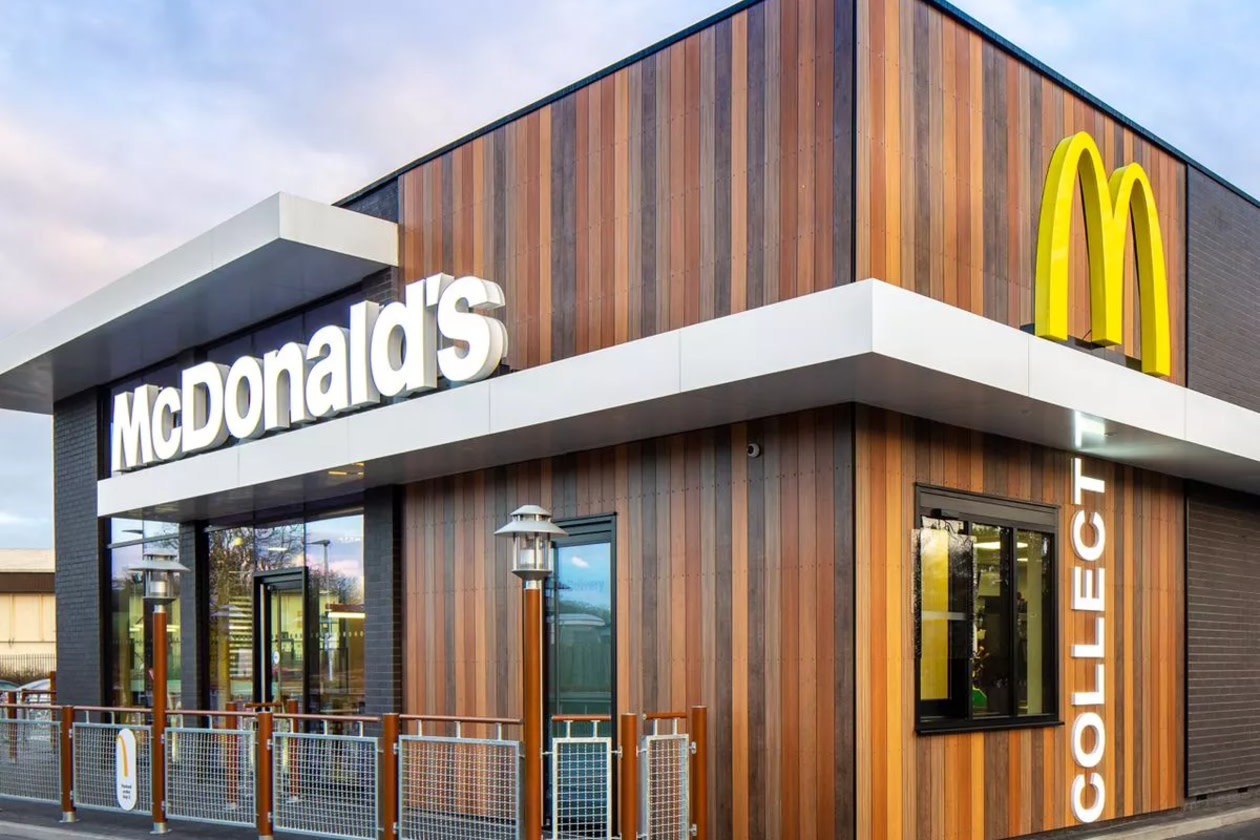McDonald's reported second-quarter revenue of $6.5bn, up 1% ignoring the impact of exchange rates, which was slightly below market expectations. On a like-for-like basis, sales were down 1%, reflecting small declines across all business segments.
Operating profit of $2.9bn was flat on an underlying basis, as increased total revenue was offset by higher operating costs.
For the full year, McDonald’s expects new openings to make a 2% contribution to restaurant takings. Operating margins are expected to be in the mid-to-high forties.
The shares were trading flat in pre-market trading.
Our view
McDonald's has been struggling to drive growth in the first half, and management comments suggest that trading remains challenging in the third quarter. Its customers are demanding better value after absorbing years of price rises, and moves are underway to put value offers at the top of the menu. The Group’s scale and efficiency, combined with easing cost pressures, leave it well-placed to deliver these initiatives, but some execution risk remains.
The largely franchised model is an efficient operation, with McDonald's off the hook for many of the typical restaurant running costs. Cash conversion in excess of 90% means the vast majority of profits feed into cash for the business to either spend or return to shareholders.
McDonald's strong cash flows give it the headroom to cope with bumps in the road and continue its expansion plans, with 1,600 net restaurant openings expected this year. The bias in openings towards franchised operations should help margins once the stores are running at full pelt. It's also been spending on revitalising stores, whilst continuing to improve the digital presence.
Operating margins have wobbled a little in the second quarter, but full-year operating margin guidance in the mid-to-high 40% range remains intact. If inflation continues to moderate, we think there is potential to build this out a little more in future periods.
McDonald's is also lugging around a hefty debt pile. Interest costs grew 13% in 2023 as a result of these higher debt balances and interest rates. The group enjoys strong cash generation but given the increased cost of debt, we think paying some of this down should be a priority.
The fast food chain's convenience transformation is thriving, with improvements in the online service, delivery and drive-thru. We think the brand strength remains as strong as ever which should help to navigate the weakening outlook for demand. The valuation has now crept below the long-term average and doesn't look too demanding. But there could be some bumps in the road ahead, especially as we think consumer spending's likely to come under further pressure in the coming months.
Environmental, Social & Governance Risks
Consumer services companies are medium-risk in terms of ESG, and very few companies are excelling at managing them. That leaves plenty of opportunity for forward-thinking firms. The primary risk-driver is product governance. The impact of their products on society, labour relations and environmental concerns are also key risks to monitor.
McDonald’s overall management of material ESG issues is average according to Sustainalytics. But there are some product governance concerns including controversy over antibiotic use in its supply chain. There are also question marks over labour relations where it has been the subject of multiple lawsuits and in major controversies. The company discloses sustainability information in its Purpose & Impact Progress Summary; however, there is no evidence that it follows ESG reporting standards.
McDonald’s key facts
All ratios are sourced from Refinitiv, based on previous day’s closing values. Please remember yields are variable and not a reliable indicator of future income. Keep in mind key figures shouldn’t be looked at on their own – it’s important to understand the big picture.
This article is not advice or a recommendation to buy, sell or hold any investment.No view is given on the present or future value or price of any investment, and investors should form their own view on any proposed investment.This article has not been prepared in accordance with legal requirements designed to promote the independence of investment research and is considered a marketing communication.Non - independent research is not subject to FCA rules prohibiting dealing ahead of research, however HL has put controls in place(including dealing restrictions, physical and information barriers) to manage potential conflicts of interest presented by such dealing.Please see our full non - independent research disclosure for more information.


